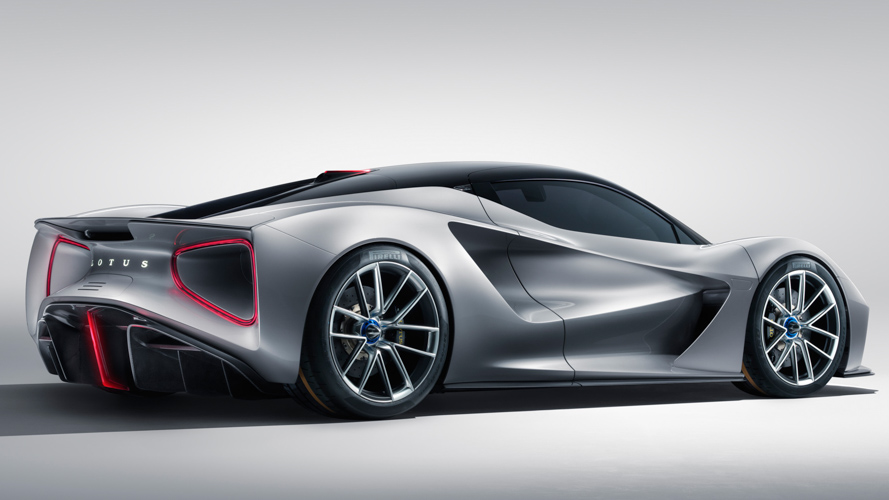

The transition from internal combustion to electric propulsion will benefit the vast majority of cars, from city-dwelling superminis to continent-crossing luxury limos. All will swap noisy engines for near-silent motors that run smoothly and, of course, emit no local emissions.
Manufacturers like Bentley and Rolls-Royce hold massive engines close to their hearts, and will bid them an emotional farewell when the time finally comes. But both also see the potential for drive train technology that will undoubtedly make their vehicles even more luxurious than they are today.
Bentley said goodbye to its 6.75-litre V8 engine, whose bloodline had been in production for 61 years, in the summer of 2020, and plans to stop producing its iconic W12 engines by 2030.
Meanwhile, Rolls-Royce will introduce its first all-electric car, called the Spectre, in 2023 and also go fully-electric by 2030. In doing so, the company will fulfil the prophecy founder Charles Rolls had in 1900, when he drove an early electric car and declared it “perfectly noiseless and clean.” He added: “There is no smell or vibration. They should become very useful when fixed charging stations can be arranged.”
Fast-forward to 2022 and Rolls-Royce chief executive Torsten Müller-Ötvös told me: “We experimented with an electric Phantom 10 years ago…Clients enjoyed driving it and they said it’s perfect, it’s Rolls-Royce in its purest form. Even more silent than a 12-cylinder.”
Today, Rolls-Royce has clients who simply won’t buy a car unless it is electric. “That’s a basic principle of theirs…[for them] the combustion engine is over,” Müller-Ötvös said.
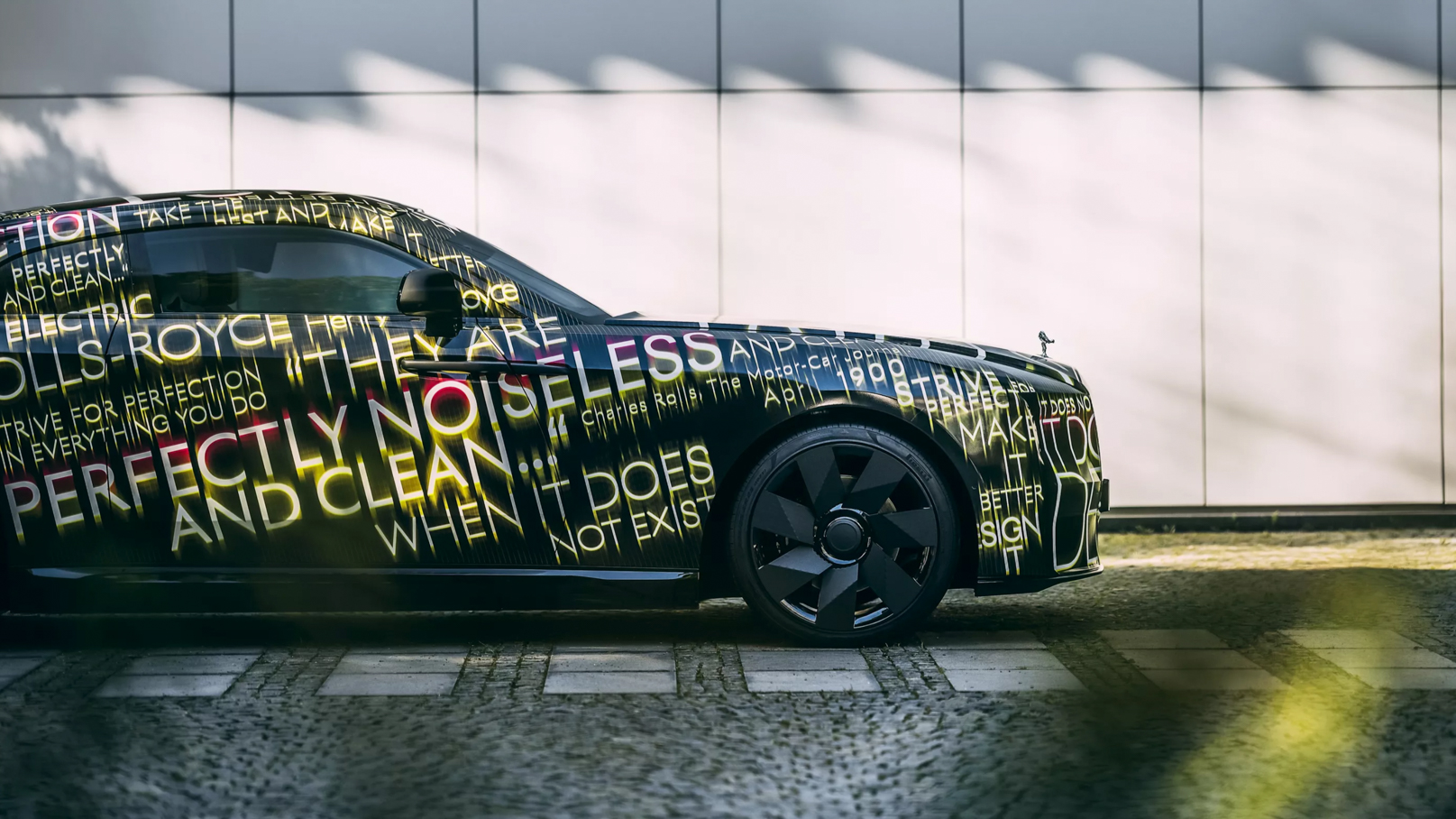
Delving quickly into an even smaller motoring niche are companies turning classic cars electric. Lunaz, for example, is seeing huge success in swapping the engines of classic Bentleys and Rolls-Royces for electric motors. But, for now, at least, electrifying classic Ferraris and Lamborghinis aren’t quite so popular.
Sign up to the T3 newsletter for smarter living straight to your inbox
Get all the latest news, reviews, deals and buying guides on gorgeous tech, home and active products from the T3 experts
Range anxiety is quickly becoming a thing of the past, thanks to larger electric cars achieving 200 or even 300 miles of range. Charger anxiety remains, as the public charging networks struggle to keep up with consumer demand for electric vehicles (EVs), but I have no doubt the situation will eventually improve. Especially at the luxury end of the market, where private garages and off-street parking suitable for charger installation are more readily available.
At the opposite end of the market, electric city cars like the Honda E and Renault Zoe are popular, with the latter offering over 200 miles of range.
But somewhere in-between, in the realm of sports and supercars, the future is going to be more difficult.
The crux of the issue is, if all EVs use broadly the same electric motor and battery technology, with the latter making them heavier than ever, how do brands that pride themselves on handling dynamics and driver engagement differentiate themselves? How does one brand win a buyer over another, when their drivetrains are broadly the same?
Mate Rimac, founder of Rimac and chief executive of the newly formed Bugatti Rimac, told me: “That’s the billion-dollar question all the car companies are asking themselves. We have these discussions all the time…The high-performance companies, like BMW M, Audi Sport or Mercedes AMG, or Ferrari, Lamborghini, Porsche and so on, have a much bigger challenge.”
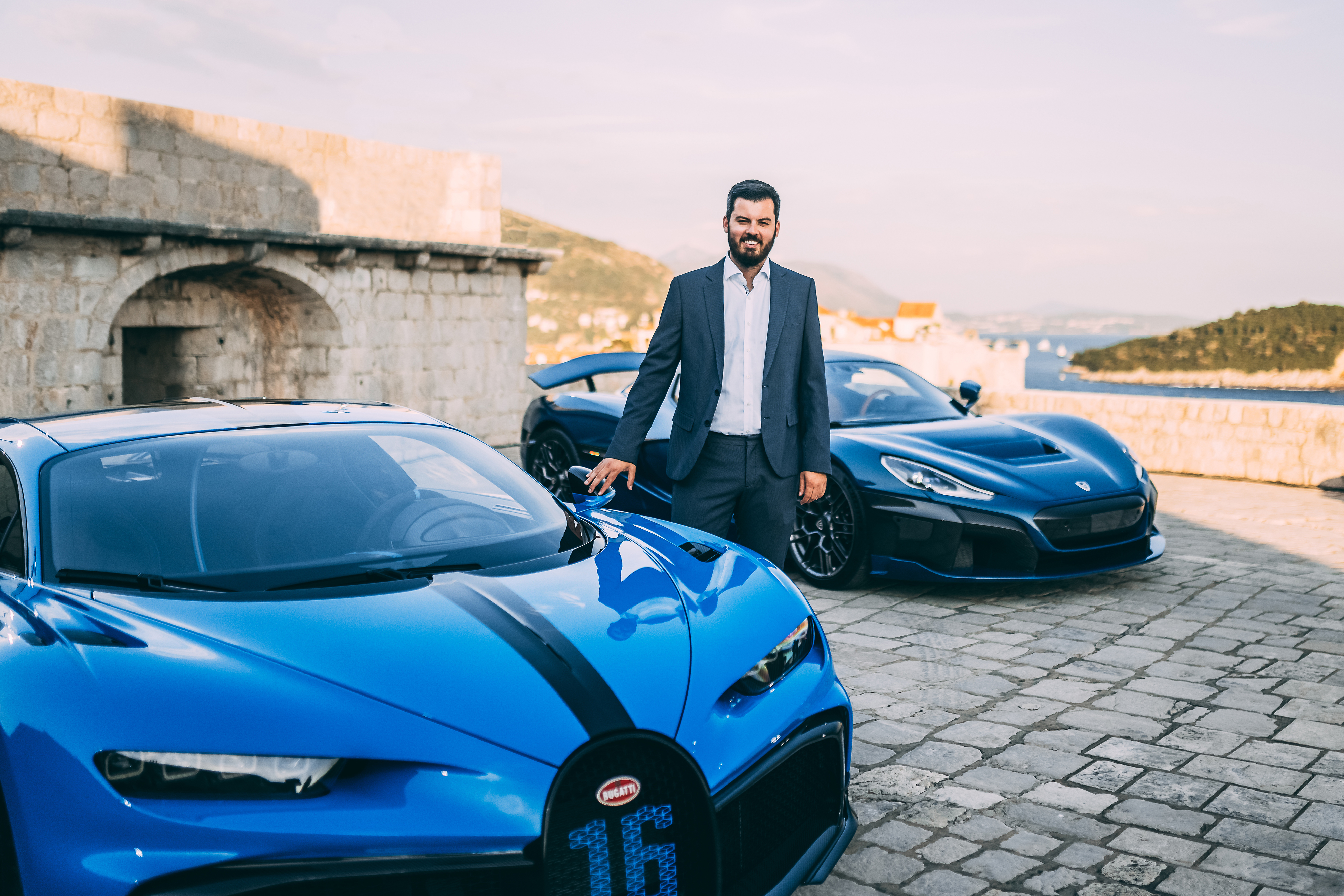
Since we spoke in 2021, Rimac is now also a part of this club, having jointly taken custody of Bugatti, along with Porsche. Under the 34-year-old’s watch, Bugatti will electrify, saying goodbye to its enormous W16 engines and hello, eventually, to an all-electric successor to the Chiron. Speaking to me last year, Rimac further explored the issues performance car companies face. “When all cars have to obey the speed limit, you’re not driving it so there’s no driving feel. These are existential questions that these companies don’t have an answer to. I bet you many people are nervous.”
A key concern among sports car companies and their customers is the weight of batteries. In some cases, these enormous packs can weigh 500 kg, but their location on the floor of a car can at least be used to lower the centre of gravity and minimise roll through corners.
Ex-Formula One designer Gordon Murray, whose T.50 and T.33 supercars are powered by high-revving V12 engines, is hopeful that electric cars don’t have to be boring. Murray told me when the T.50 was revealed in 2021: “Hopefully we’ll never make a boring electric car…Whatever we do, and whatever powertrain it has, it will be the most fun thing to drive. Relative to a naturally aspirated V12? Probably not. But relative to other people’s electric cars? Definitely.”
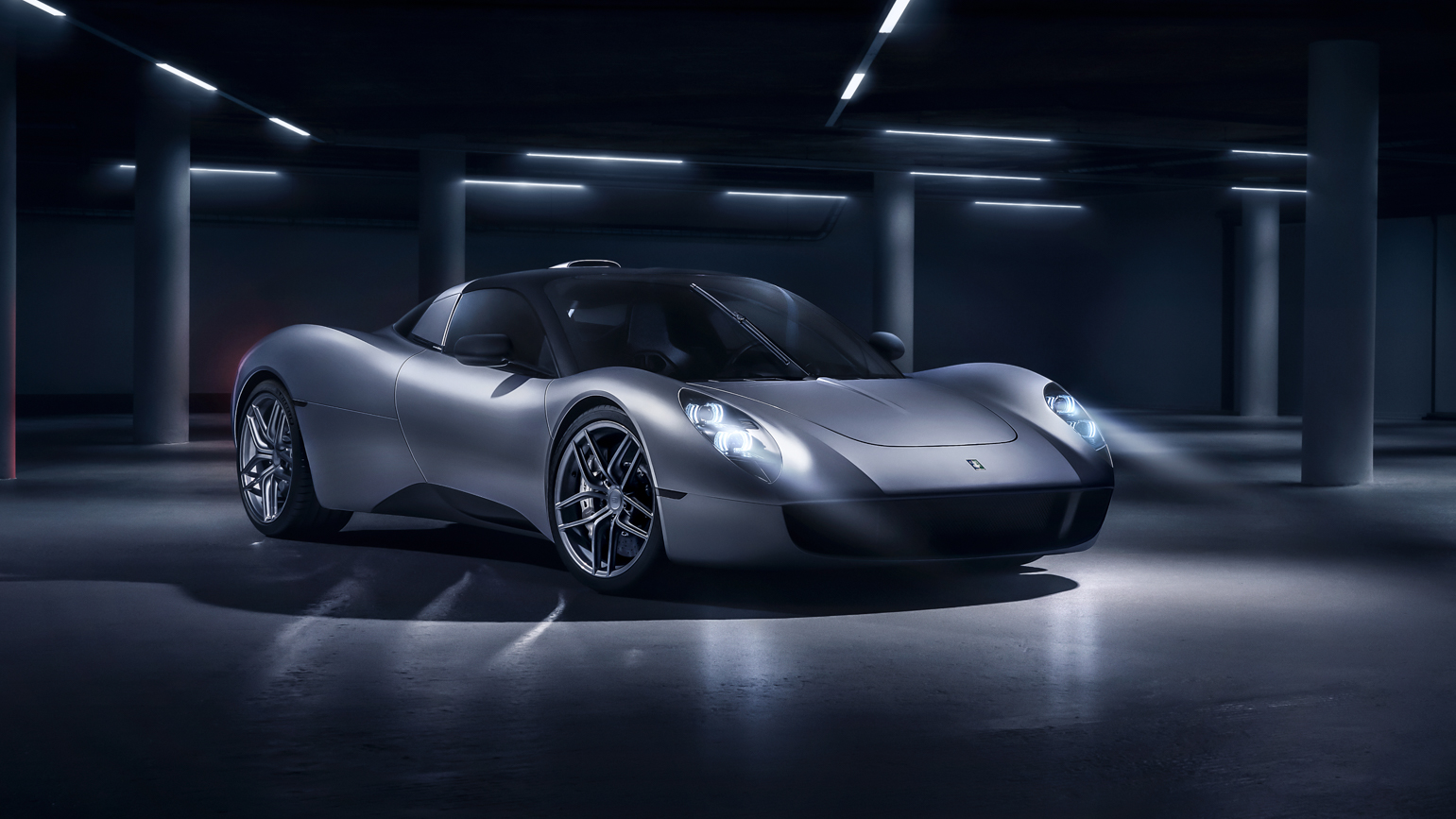
This is echoed by Matt Windle, chief executive at Lotus, whose 2,000-horsepower Evija hypercar is set to be the most powerful road car ever made. Windle previously told me: “Our [electric] sports cars will be designed around the drivers. It won’t be a bland environment, it’ll be an engaging one. I used to work at Tesla and I drove the original Roadster a lot. I can tell you that electric sports cars are good fun to drive as well…[an electric drivetrain] brings a whole new sensation to you and people will get used to it…There’s a lot of opportunity with these cars.”
It will be a little while yet before any of this can be proven. But for now, it’s far easier to imagine the delights of an electric Rolls-Royce than it is the handling characteristics of a battery-powered successor to the Lotus Elise or McLaren F1. I, and a great many other petrolheads, will be eager to find out if manufacturers really can deliver on their EV sports car claims.
Alistair is a freelance automotive and technology journalist. He has bylines on esteemed sites such as the BBC, Forbes, TechRadar, and of best of all, T3, where he covers topics ranging from classic cars and men's lifestyle, to smart home technology, phones, electric cars, autonomy, Swiss watches, and much more besides. He is an experienced journalist, writing news, features, interviews and product reviews. If that didn't make him busy enough, he is also the co-host of the AutoChat podcast.
-
 3 overrated shoulder exercises, according to a fitness expert (and what to do instead)
3 overrated shoulder exercises, according to a fitness expert (and what to do instead)Sculpt 3D shoulders whilst minimising injury with these three alternative exercises
By Bryony Firth-Bernard Published
-
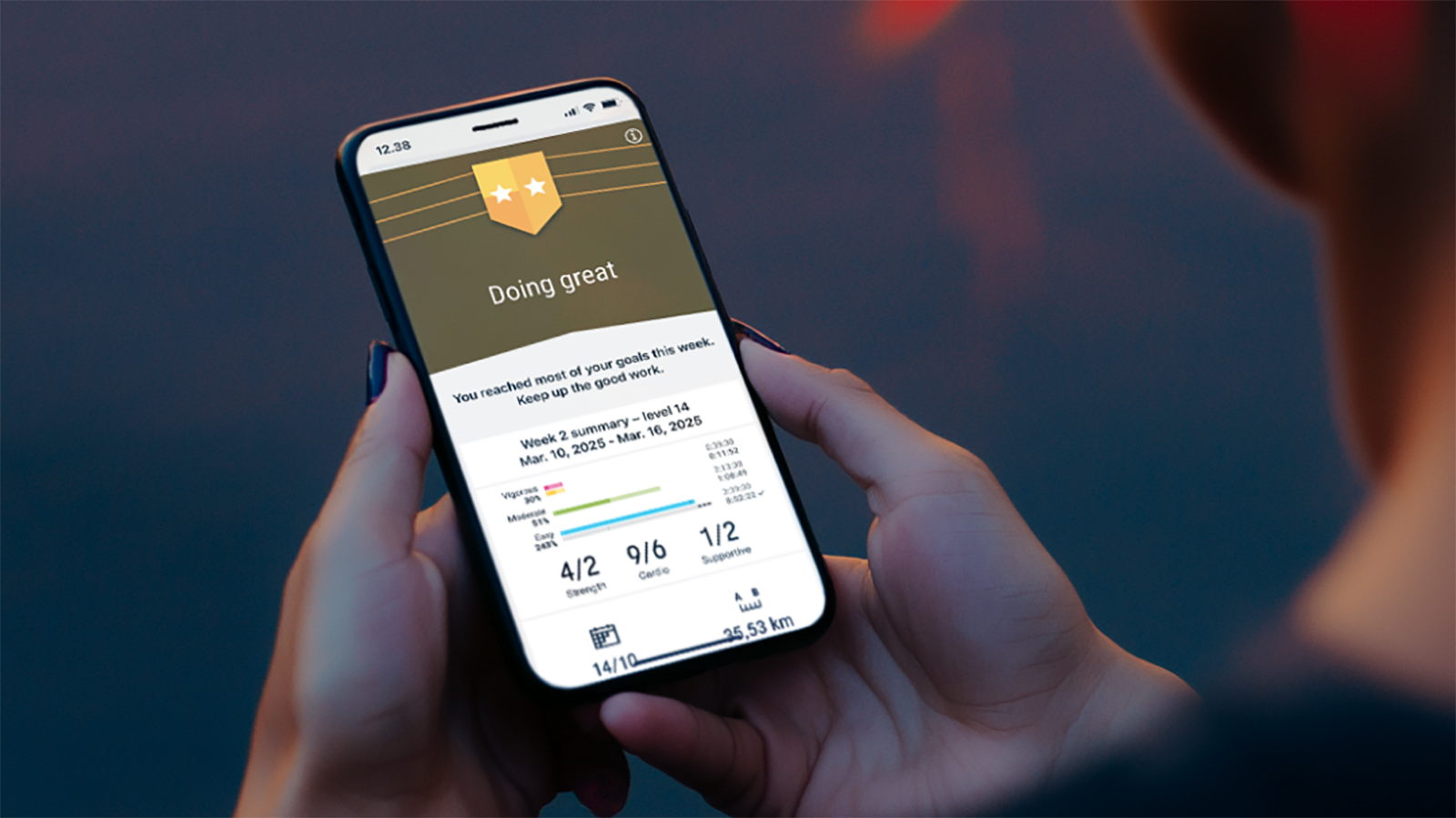 Polar’s new subscription feature lands in the shadow of Garmin’s Connect+ rollout
Polar’s new subscription feature lands in the shadow of Garmin’s Connect+ rolloutPR genius or timing disaster? Polar’s new Fitness Programme adds adaptive training to its ecosystem
By Matt Kollat Published